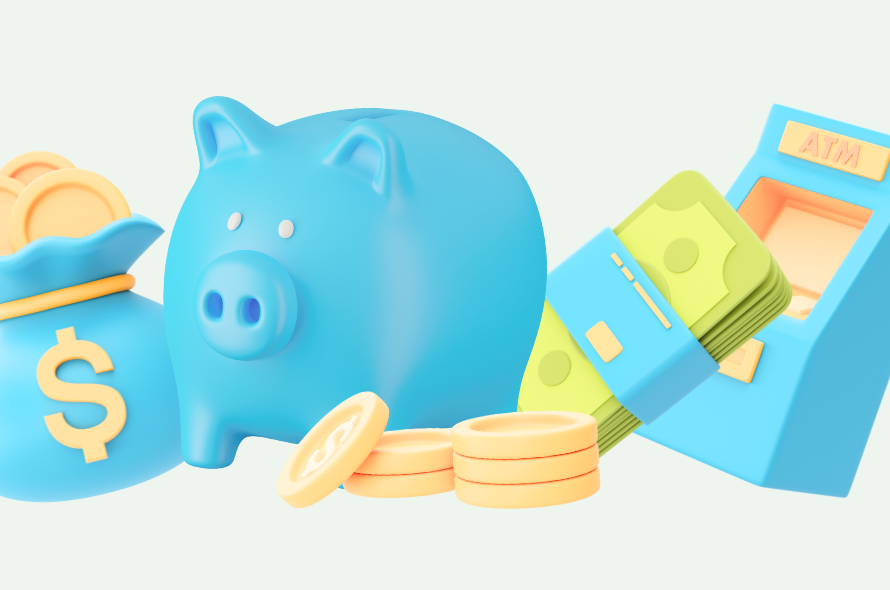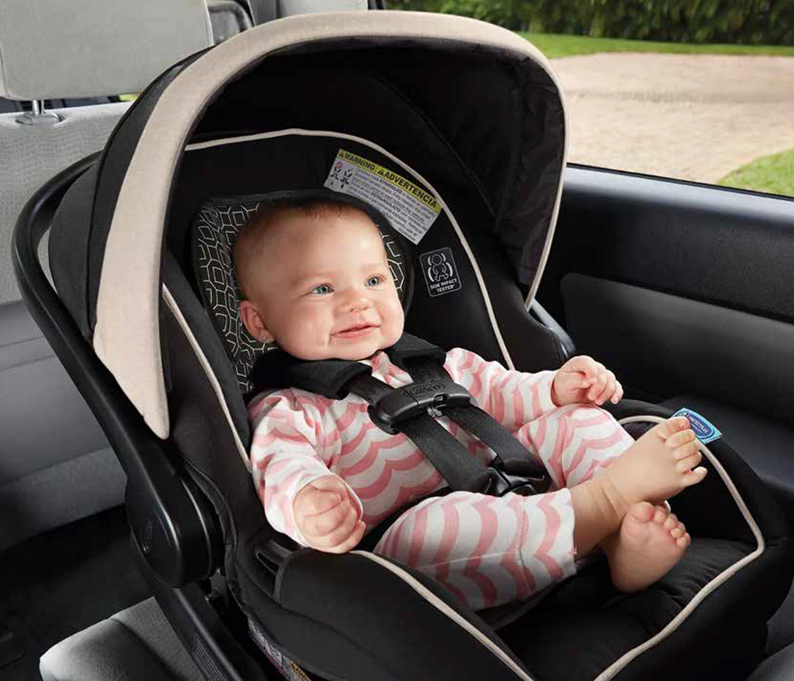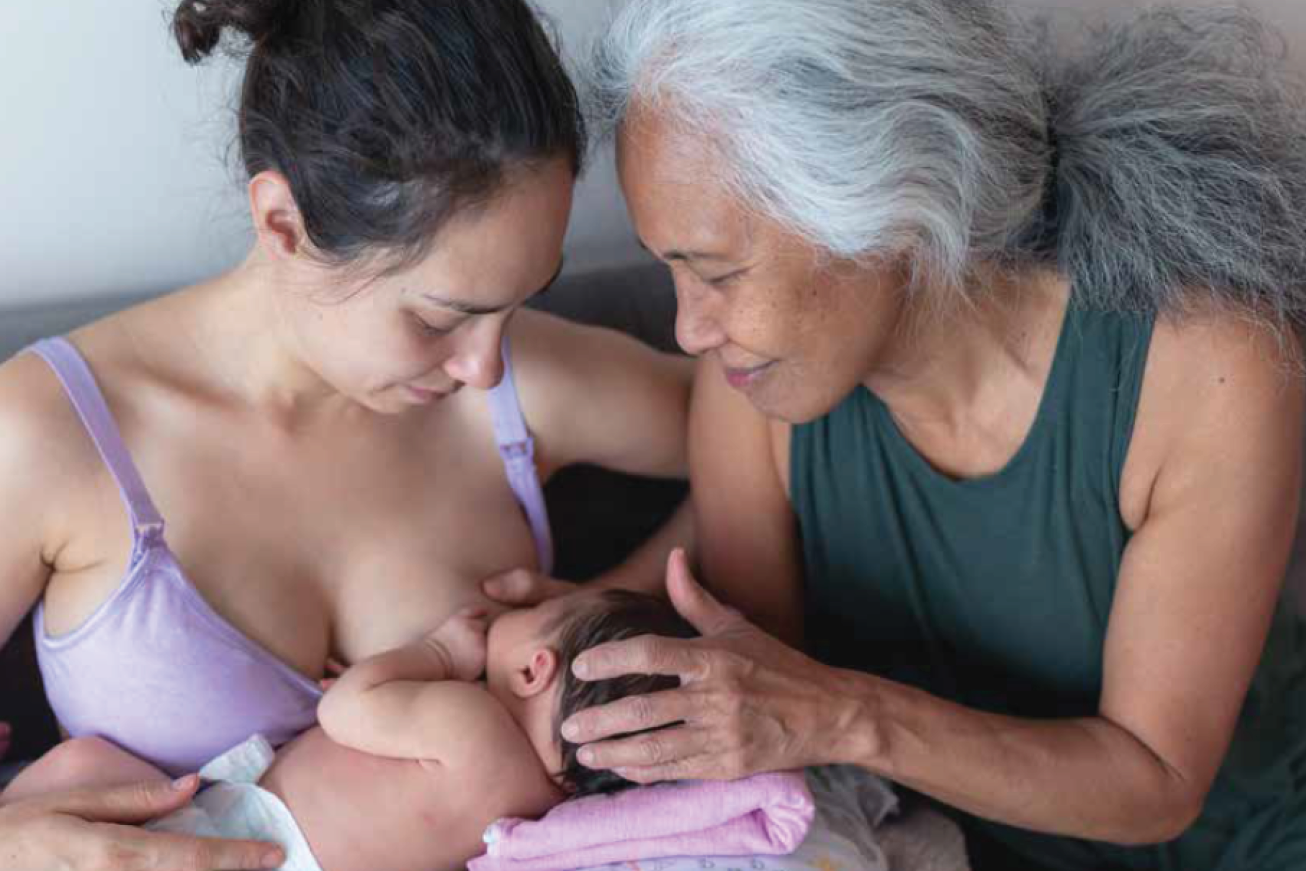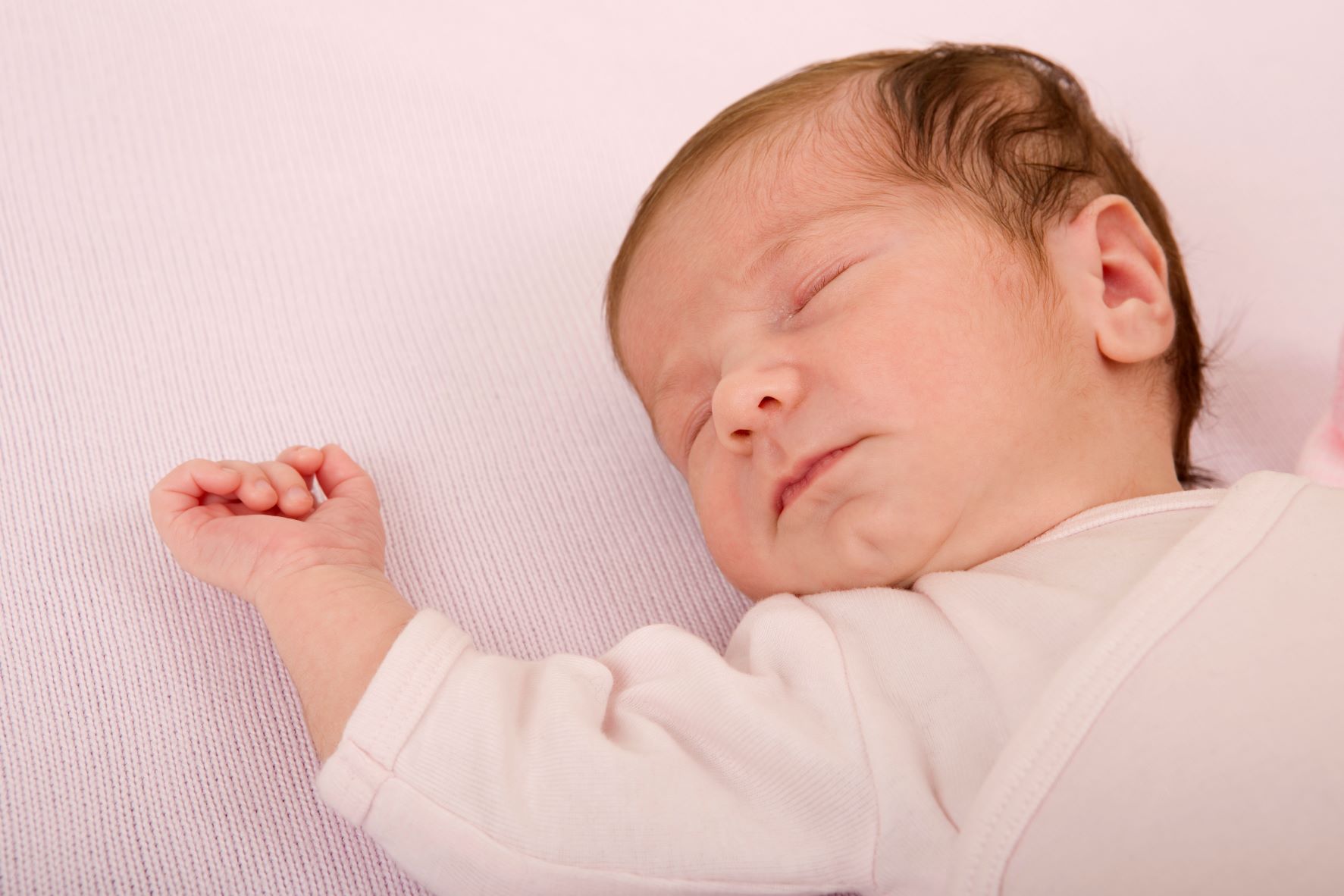
In the months since your pregnancy journey began, how many times have you wished for an instruction manual? As a brand-new mother, Pip Findlay, would have loved one.
Like many expectant mothers, Pip focused on the ‘finish line’ of the birth, placing a lot less emphasis on the postpartum period and the changes that she would soon go through.
Often referred to as the fourth trimester, the first 12 weeks with your newborn is a wild transition into parenthood – mentally, physically, and socially. During this transition, there are substantial physical and hormonal changes at play, and you’ll most likely feel different emotionally.
You may have already heard from many excited family members, friends and even strangers that parenting is going to be hard – beautiful, but hard.
As parents, you’re navigating a new world. This article touches on key things to be aware of, particularly regarding topics that are often overlooked. You’re about to give birth and raise an infant, but you too will also be in the infancy of your parenting journey. And it can be a really, wild ride, especially in the beginning.
Yet, as you take each step forward in your parenting journey, you’ll grow in confidence, learn to find your parental instinct, and voice, and ultimately begin to thrive in your parenthood journey.
Physical and hormonal changes
The enormity of the hormonal changes that women undergo during and after pregnancy is great. Hormones not only affect how we feel, but also how our body physically responds.
This ‘hormonal rollercoaster’ you may undergo postpartum is actually very similar to what perimenopausal women experience. During this period, your feelings are very real and shouldn’t be underestimated.
It’s important to access the appropriate mental and physical support when needed, and to nourish your body with nutrient dense foods to regulate your hormones and speed up your overall recovery.
Birth can be likened to running a marathon, and just as athletes focus as much on recovery and rest as they do on competing in the race, it’s recommended that you allow yourself sufficient time to heal and rebuild yourself in your early postpartum days to set yourself up for a successful and quick recovery.
Emotional and relationship changes
With all the highs that becoming a parent brings, it’s also very normal to find the transition overwhelming.
This phase tends to create a tug of war effect. Many parents experience wanting to give their absolute all to their babies, while similarly facing a conflicting period where they may find themselves yearning to once again be the people they were, prior to becoming parents. This is all completely normal, as the new addition to your family is fully reliant on you to support them, and so your independence may appear to be compromised. This is only temporary. Your baby will grow up in the blink of an eye, and their independence will quickly become apparent. During the more overwhelming times, try to reflect on the fact that everything you are going through is just a brief phase and remind yourself what a good job it is that you’re doing, and how far you all have come together already.
Parenthood is a complex, yet extremely rewarding, world and there is so much fun and love that comes with bringing a child into your lives.
Safely returning to exercise
You may be longing to jump straight back into running or aerobics directly after birth, but this could impair your physical recovery. Discuss your personal plan with a pelvic floor therapist and/or a certified postnatal personal instructor first as it’s important that you work from a personalised plan that addresses your individual needs.
Postpartum nutrition
As a parent, it can be hard to focus on your personal nutrition, yet what you ingest is critical to hormonal regulation, affecting how fast you physically and emotionally recover after the birth. Ideally your diet will consist of slow cooked, warm, and deeply nutritious foods that are high in good fats to nourish and restore your joints, organs, and brain.
Your brain is going through a rapid transformation. Because our brains are comprised mainly of fat, we need nutritious fats to help us rebuild our brains. Foods with Omega 3 fatty acids are really supportive in doing this, and along with a high-water intake, this aids our hormonal regulation, reduces brain fog (#mumbrain!), improves concentration and ensures that your baby is being nourished during breastfeeding.
Aim to strive for nourishment over perfection. Have a snack tin next to the couch or the bedside table to help minimise your hunger during lengthy feeds and add snacks to your nappy bag and car. Slow cookers are great, so dinner is ready when the witching hours are about to kick off! Focus on yourself, and you’ll be focusing on your baby too. Accept offers of meals, if you don’t need them that day, pop them in the fridge or freezer.
Caring for yourself at this pivotal time of parenthood is paramount. This is your one and only first-time parenting journey and it is a huge learning curve and exciting journey that you are embarking on.
Embrace the wildness, embrace the imperfections and let’s make it an empowering, confident, and smooth transition, freeing you to enjoy this wild and beautiful ride.
To learn more visit wildbeginnings.co.nz to download your free Postpartum Plan today, and to access further support.
About Pip Findlay
As an Early Parenting Educator and the Founder of Wild Beginnings, Pip has worked with Parents Centre Aotearoa, assisting over 200 new parents to help them smoothly transition into parenthood.
To help her navigate this new world of parenting, Pip sought out trusted parenting experts in both New Zealand and abroad to support her role as the primary caregiver and to help her understand what was happening to her mind and body. Through this support network she was able to rebuild herself during the postpartum period and was far better prepared when she became a mother of two.
Pip has distilled all the advice, guidance and support she received into helping new parents start their own journeys through her ‘Being a Parent’ workshop, online courses, and soon-to-be released book.
What new parents say about Pip’s classes:
“We really enjoyed the class, Pip! Thanks for normalising some of the things that don’t typically get talked about during this challenging time. It was great to hear a lot of relatable stories that made us feel a lot less guilty about some of the emotions we have experienced. Good to understand why we may have been feeling this way.” – Steven & MJ, Auckland
“It was a really well-run session, thank you. I found it so valuable to share our experiences and learning about postpartum challenges and the science behind it.” – Annalise, Dunedin
“I’m a new parent, my daughter Jasmine is 6 weeks old. I’m so pleased I found this course, as so much of what I’ve been looking at is all about the baby and what she should be doing at each stage. I definitely had the baby blues at the beginning and I’m keeping track of myself to make sure it doesn’t go any further than that, but it’s so nice to have something that’s more focused on what this new journey is like for parents. I’ve shared the course with the rest of my antenatal class too!” – Trina, Wellington






